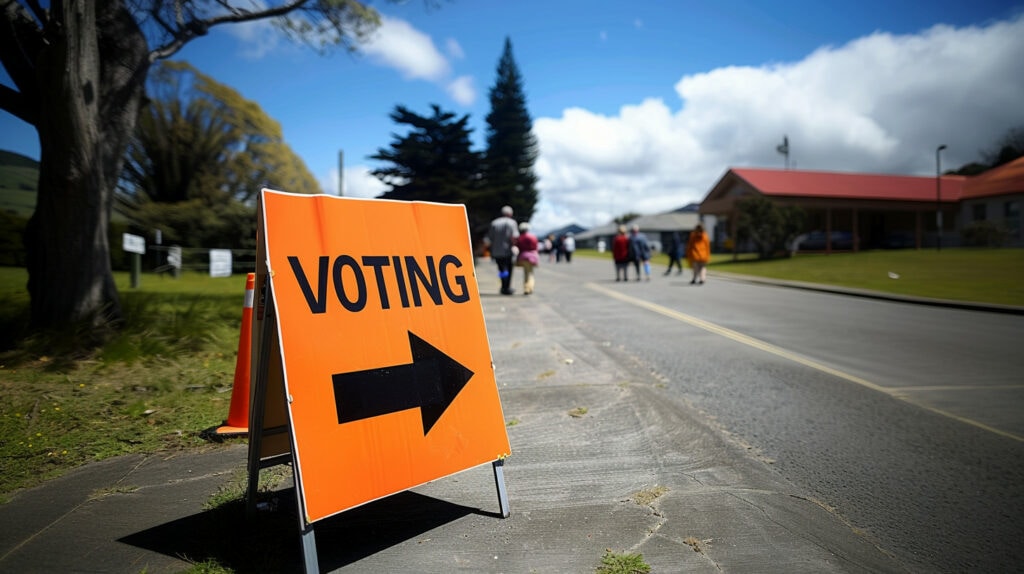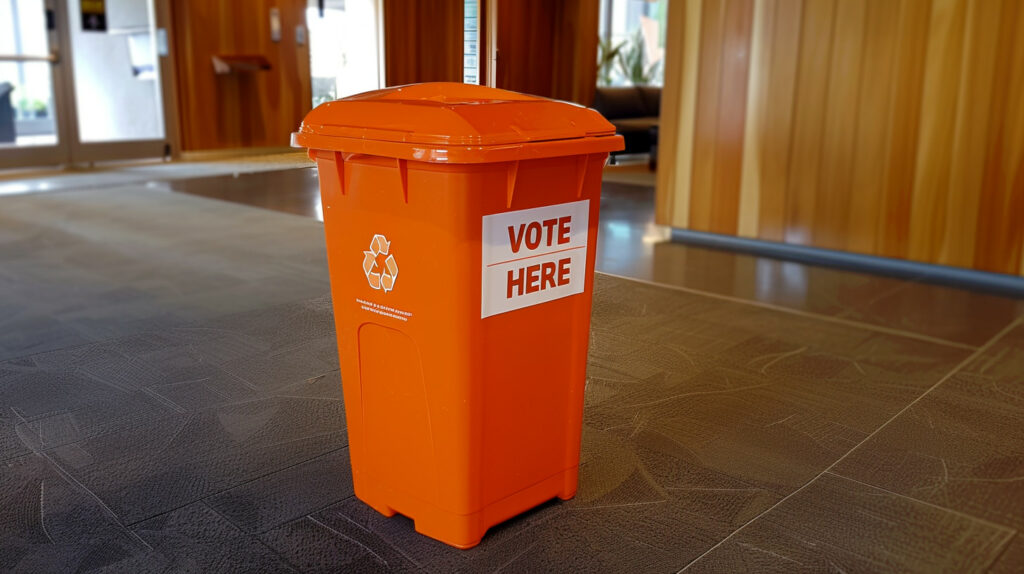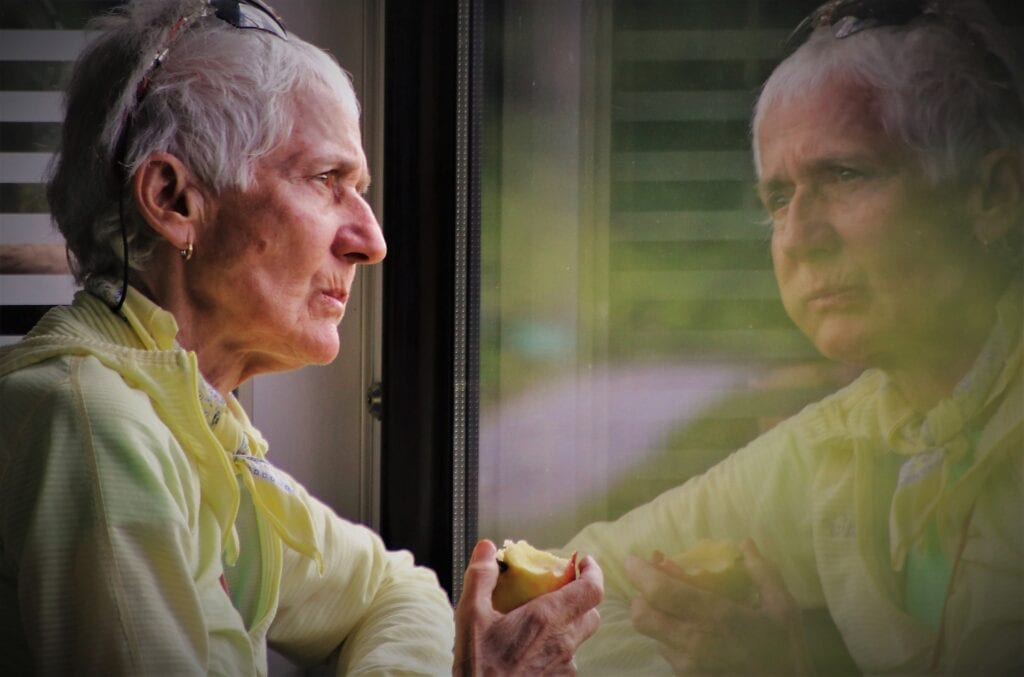Why voting matters – every vote counts

If you don’t vote, you don’t count!
One of the most important rights – and responsibilities – of a citizen in a democracy is to vote. It is, in fact, what democracy is all about – the word means ‘power of the people’. In a democracy, the people have a voice and can change, for better or worse, the government of the country they live in. Voting is the mechanism by which democracy works and universal suffrage – that is, the right of every adult to have a vote rather than just a select few – has been hard fought for in most modern democracies.
And yet so many people don’t vote. In many countries, voter turnout hovers between 60% and 70%, apart from in Australia where it is compulsory and turnout is usually around 90%. That means between 30% and 40% of eligible voters don’t exercise their right to have a say in the running of their country. Why is that?
It doesn’t make any difference
One reason is the belief that one vote won’t make a difference. Many people feel their vote doesn’t matter or that politicians are all the same and will not bring about real change, leading to a sense of futility about the voting process. In a system where electoral outcomes are often determined by large numbers or in places with a dominant party, individuals may think their single vote will not impact the result.

But every vote does count!
Individual votes add up, and history has shown that elections can be won or lost by a handful of votes. By voting, you join with others who share your views, collectively making a significant impact and sending a strong message to political leaders about what issues the public thinks are important.
Even if your preferred candidate doesn't win, a tight race can encourage policy shifts and greater accountability.
If, for example, people start to vote in local and national elections for parties that prioritise environmental issues, it may not topple a majority government, but it may make them realise that the issues are important to a growing number of people so they had better address them if they want to retain that majority at the next election.
Don’t believe your vote can make a difference?
Look at these examples and think again.
- After women in the US got the vote, there were large, sudden increases in public health spending to reduce child mortality.
- When compulsory voting was introduced in the Australian 1925 federal election, the conservative Nationalist Party changed from opposing the old age pension to supporting it.
- In 1879, the vote was extended to all adult males over 21 in New Zealand. This led to more working men becoming part of the government of the country, rather than just the wealthy landowners.
- Women’s suffrage (right to vote) in western democracies led to changes in the law that protected women who until that point had very few rights.
It’s too complicated
Another reason is that some people don’t have an interest in politics or lack sufficient information about the candidates and issues, making them less likely to vote. Or maybe they don’t understand the process or the language involved when people talk about politics – left, right, centrist etc.
Educate yourself
But if you live in democracy, with your hard-won right to vote, you also have a responsibility to use that vote and so to educate yourself about the democratic process. After all, the elected officials and policies you vote for (or against) have a direct impact on many aspects of daily life, from infrastructure and healthcare to education and taxes.
There are many accessible resources, from voter guides to informational websites and community forums, designed to help voters understand the issues and make informed decisions.
Plus, you can sign up for our Politics 101 course to get a better understanding of the concepts and language of politics. Simple!






Responses